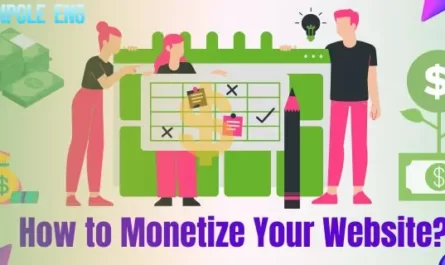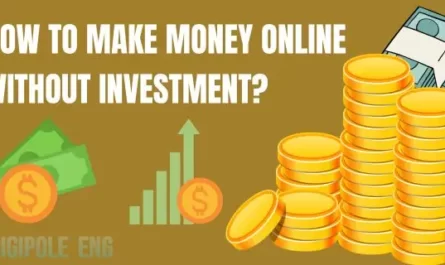What is Podcast? Do you often listening the word called podcast? It has become popular in the internet world in recent times. Many people in India do not have specific knowledge about it. However, there are few people who know a little about it but it is only partially.
Although its history is not very old, the word podcast started being heard around the year 2004. But from the very beginning it started attracting people a lot and people gradually started getting attracted to it. Today, podcasting has become a popular media in many countries and is expanding its reach.
In this article, I will tell you all those things about podcast that most of the people still do not know, like when and where it started, how does it works, what is its use, or can money also be earned from it?
So let’s move ahead and know what is podcast?
What is podcast?
Podcasts are a new and unique form of digital media that provides a new format for people to consume audio or video content as they wish. This is quite different from so called radio or television shows, which can be accessed and listened to at any time, rather than being forced to watch at a specific time.
Naturally, they are produced in episodic series, covering any interesting topics, from news and storytelling to education and entertainment. In addition, you will access podcasts on many other important topics such as sports, music, comedy, history, science, politics, business, health etc. What I mean to say, you will find Podcasting according to every interest and choice.
History of Podcasts
If you want to know exactly about it, you first need to understand its history. Actually it is a combination of the word pod from “iPod” and cast from “broadcast”, the popular brand of Apple’s iconic portable media player. In fact, the birth of podcasting began in the early 2000s with the invention of the iPod and the development of Really Simple Syndication (RSS) technology. These two guys named Dave Winer and Adam Curry are credited with creating the first podcasting software, and you can even call them the inventors of podcasting.
Earlier, podcasts were a DIY effort, produced by a few individuals / small groups of enthusiasts. As its popularity began to grow, media organizations and businesses began to recognize the potential of podcasting. Today, there are millions of podcasts available online that cover an incredible variety of topics.
What are the benefits of Podcasting?
Reach a wider audience: Podcasting is an easy medium to reach a large audience. It facilitate you to reach a wider audience than other traditional forms of media. With this you can reach people from all over the world, regardless of their location or time zone.
Low Cost: It is an easy and affordable method to represent your skill or ability to a wider audience around the world. You don’t need any expensive equipments to get started with it. Even also there are many available free options where you can host and distribute your podcasting files to reach your audience for almost free.
Authenticity: Podcasts often have a conversational and unscripted feel, which can create a sense of authenticity and intimacy between hosts and listeners. This personal connection can help build a loyal audience.
Community Building: Podcasts can foster communities of similar thinking personalities who share common interests. This sense of community can lead to increased engagement and interaction among listeners.
Personal Branding: It helps individuals / businesses to establish and grow their personal brands by showcasing their expertise and personality among the audiences.
Storytelling: It is an excellent platform for telling your story among wider range of audiences in an easy way, whether it’s personal anecdotes, fictional narratives, or documentary style.
Networking and collaboration: Podcasting often works collaboratively with other guest creators, and thus it can helps to build a networking opportunity with the other creators and expand your professional and personal connections.
Learning and Education: Podcasts offer their audiences access to a valuable and variety of educational resources. Many creators create knowledge base content on a variety of topics specially for students, which makes them an excellent and interesting media tool for self improvement and learning much more.
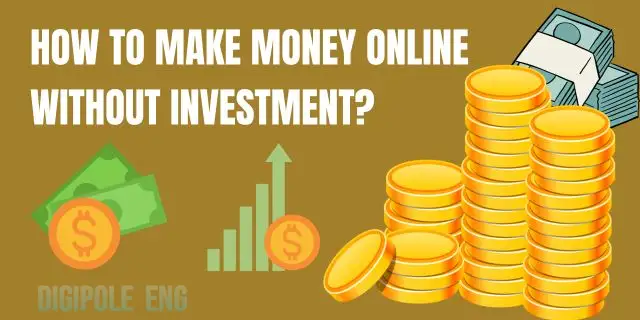
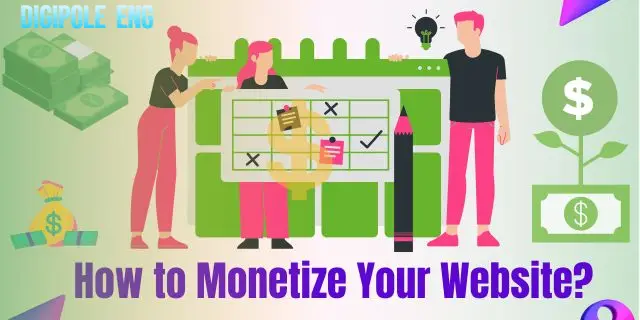
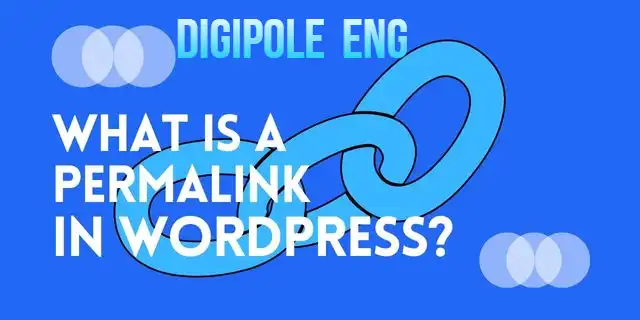
How does it work?
Podcast is a platform for sharing audio and video that allows users to subscribe to a feed of content. It may includes audio/video files, articles, personal stories, songs, musics and knowledge based text. Podcasts are commonly accessible and downloadable through various popular podcasting applications like iTunes, Pocket Casts, and Overcast.
Through these applications, users can subscribe to it and then download the episodes to their devices to listen or watch them anywhere and anytime whenever they like to. Once users download files, these are usually stored on the user’s device, now users can access them to listen or watch anytime, even if they do not have an Internet connection.
Can it be in both audio and video?
Many people are confused about this with the question whether it is in audio as well as video? Most creators today create audio only, although the reality is that video podcasts also exist. Podcasts can be in both audio and video formats. These are usually recorded audio files that can be played through a computer or mobile device.
These usually include interviews, music and other audio content. Video podcasts, also known as vodcasts, are similar to audio podcasts but include video content. They are often interviews or live streams with people discussing topics, or short videos with interesting content.
This is a great forms of consuming content on the go as they do not require a large amount of bandwidth or data. They can also be heard while doing other activities such as driving or exercising.
But, video podcasts are good for people who prefer watching something rather than listening. But, they require more bandwidth, data and storage. It may also include visual elements and animations, which can help convey information more effectively than audio alone.
What do you need to start a video podcast?
To create it first of all you need to have the right equipments and software. You’ll need a quality microphone. If you recording more than one person you’ll need a multi channel audio interface, an audio mixer, and XLR cables.
You will required a quality camera to record the videos. You’ll needed lighting equipments, a tripod, and possibly a teleprompter. Additionally, you will require a computer to edit audio and video recordings.
In softwares, you will required an audio editing software like Adobe Audition or Audacity. For video editing, you can use softwares like Adobe Premiere Pro, Final Cut Pro You will also need streaming software to broadcast it live your videos online. Additionally, you will required a software to record and mix audio.
Apart from all this, you will also required to have a good internet connection and access to streaming services like YouTube or Twitch. You will also need a reliable hosting provider to store your recordings for smooth distribution.
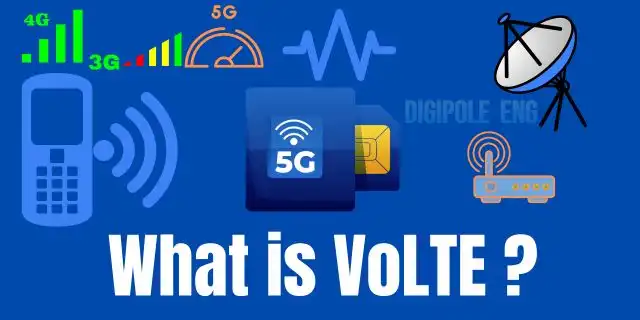
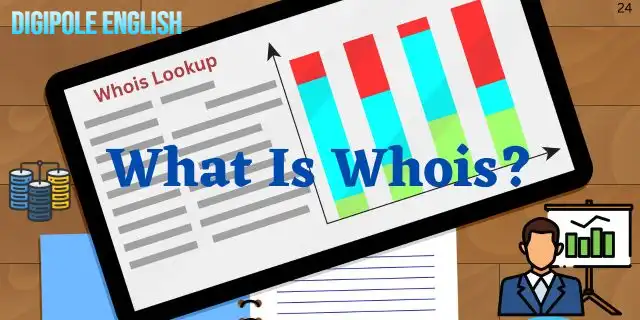
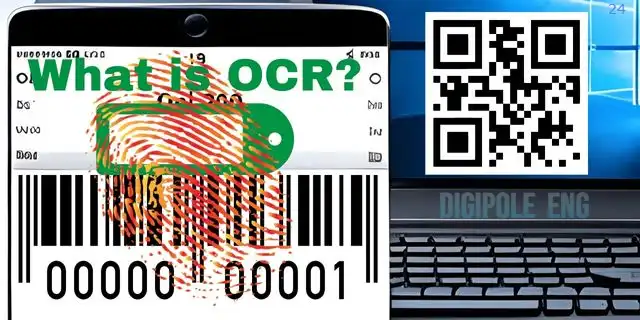
How to monetize podcasts?
Which monetization strategy is right for you all will depend on your specific topics, nature of your audiences, and obviously your goals. However there are no specific strategy to earn money with it and not every method will work equally. If you’re not sure where to start, it’s a good idea to experiment with different methods and see what works best for you.
Here are some common monetization methods where you can monetize your content.
- Sponsorships and ads: This is the common method to monetize podcasting. You can reach out to companies and brands that are relevant to your audience and offer to promote their products or services in terms of payments. You can join also advertising networks, that match you with sponsors and ads that are relevant to your content.
- Affiliate marketing: This involves promoting other people’s products or services in your podcasts and earning a commission on each sale that you generate. You can start affiliating with Amazon Associates and ShareASale.
- Selling merchandise: You can sell your own products such as t shirts, hats, mugs and many other sellable items, to your listeners. This way you will generate additional revenue as well as you can build your loyalty.
- Premium content: If you have enough and a loyal audience base, then you can launch a subscription modal for consuming your premium content, like early access to your recent episodes, or asking them for ad free episodes. You can also offer them exclusive content for paid subscribers.
- Donations: You can simply ask your listeners to donate an amount as to support your channel. This is another best method to monetize your content if you don’t have a large audience base or you are not interested in selling products or running ads along with your content.
Conclusion
Podcasts are a unique treasure trove of stories, knowledge and entertainment that you can consume whenever you want. And once it is downloaded on a device, it can be accessed even without internet. It’s a unique way to share your thoughts, and stories, with the world. With this you have a modern way to discover new things or entertain yourself. So, whether you’re a creator or a listener, podcasts are a great way to connect with others and make yourself interesting in the world.
- What is a Compiler?Difference between Compiler/Interpreter - November 27, 2023
- What is system software? How it works and its types - November 26, 2023
- Why website does not rank despite good SEO? - November 25, 2023
